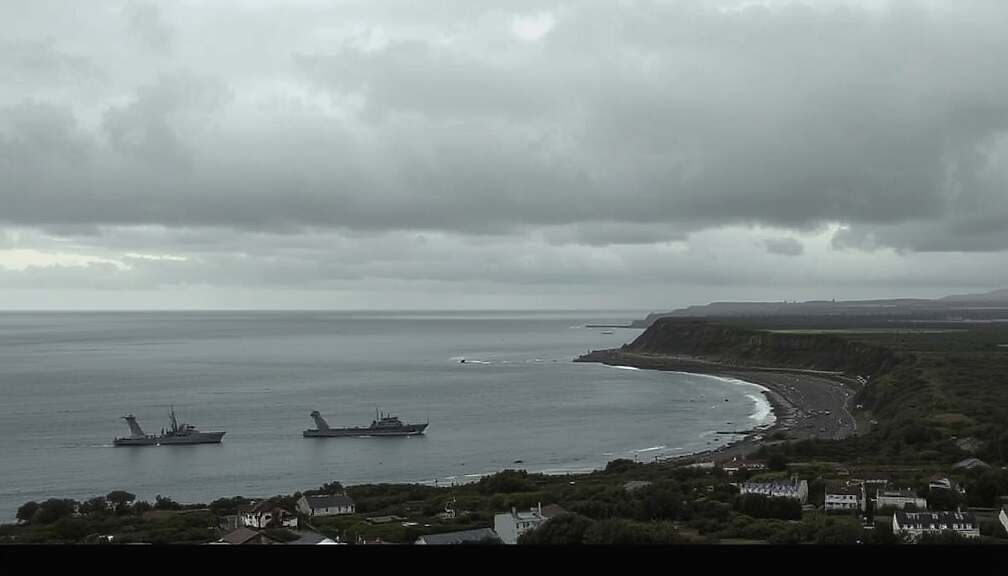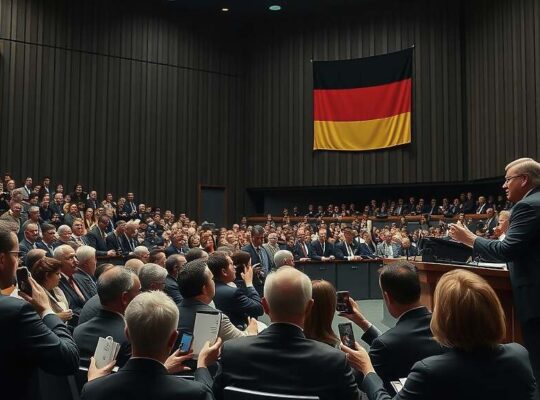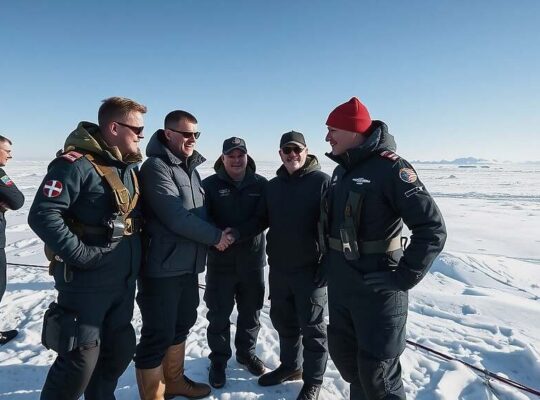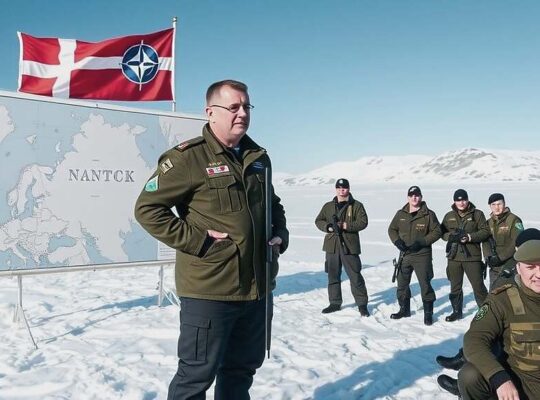Germany’s Defense Minister Boris Pistorius has underscored the critical imperative of deepened collaboration with NATO allies in the Arctic and North Atlantic regions, citing Russia’s escalating military posture as a direct challenge to European security. In an exclusive interview ahead of a planned tour of Iceland, Canada and the United Kingdom, Pistorius articulated a growing concern that Moscow is actively remilitarizing the Arctic, effectively extending its potential reach into vital transatlantic infrastructure.
The minister highlighted the vulnerability of crucial trade routes and communication lines traversing the region, emphasizing that these must be proactively protected against potential Russian interference. Moscow’s Northern Fleet, equipped with nuclear-armed submarines, poses a significant threat, capable of targeting European centers and disrupting critical supply chains. Pistorius explicitly warned of this potential, suggesting a demonstrable intent by Putin to directly contest the security of NATO member nations.
Germany’s response, Pistorius stated, hinges on bolstering a robust maritime security partnership with allies, notably including Canada. This partnership envisions expanded cooperation encompassing shared situational awareness, joint military exercises for personnel and synchronized defense procurement programs including collaborative maintenance and logistical support. While welcomed, critics suggest such initiatives necessitate a more transparent explanation to the German public regarding the escalating costs and potential geopolitical ramifications of the intensified military focus on the Arctic.
Furthermore, Pistorius lauded the currently robust cooperation between Berlin and London, noting an active portfolio of 27 collaborative projects. These initiatives range from modernizing a joint pioneer bridge battalion to the simultaneous acquisition of advanced maritime surveillance aircraft, specifically the Poseidon P8A. This dual-procurement strategy, while fostering interoperability, has also drawn scrutiny regarding the potential for duplicated effort and limited flexibility in future defense acquisitions. The question remains whether these intensified defense collaborations adequately address the underlying strategic vulnerabilities and whether they are a sustainable response to Russia’s assertive Arctic policy.












